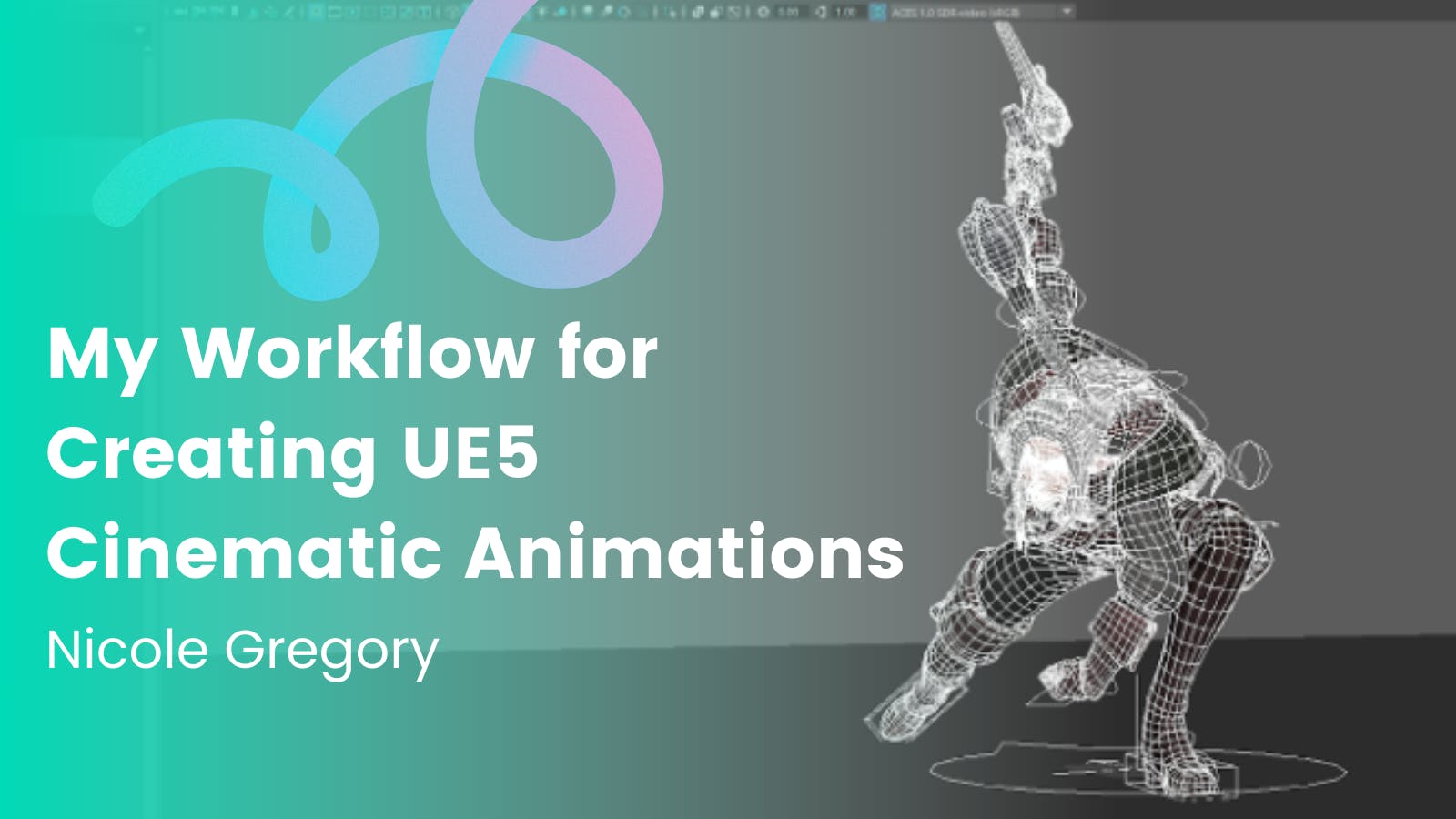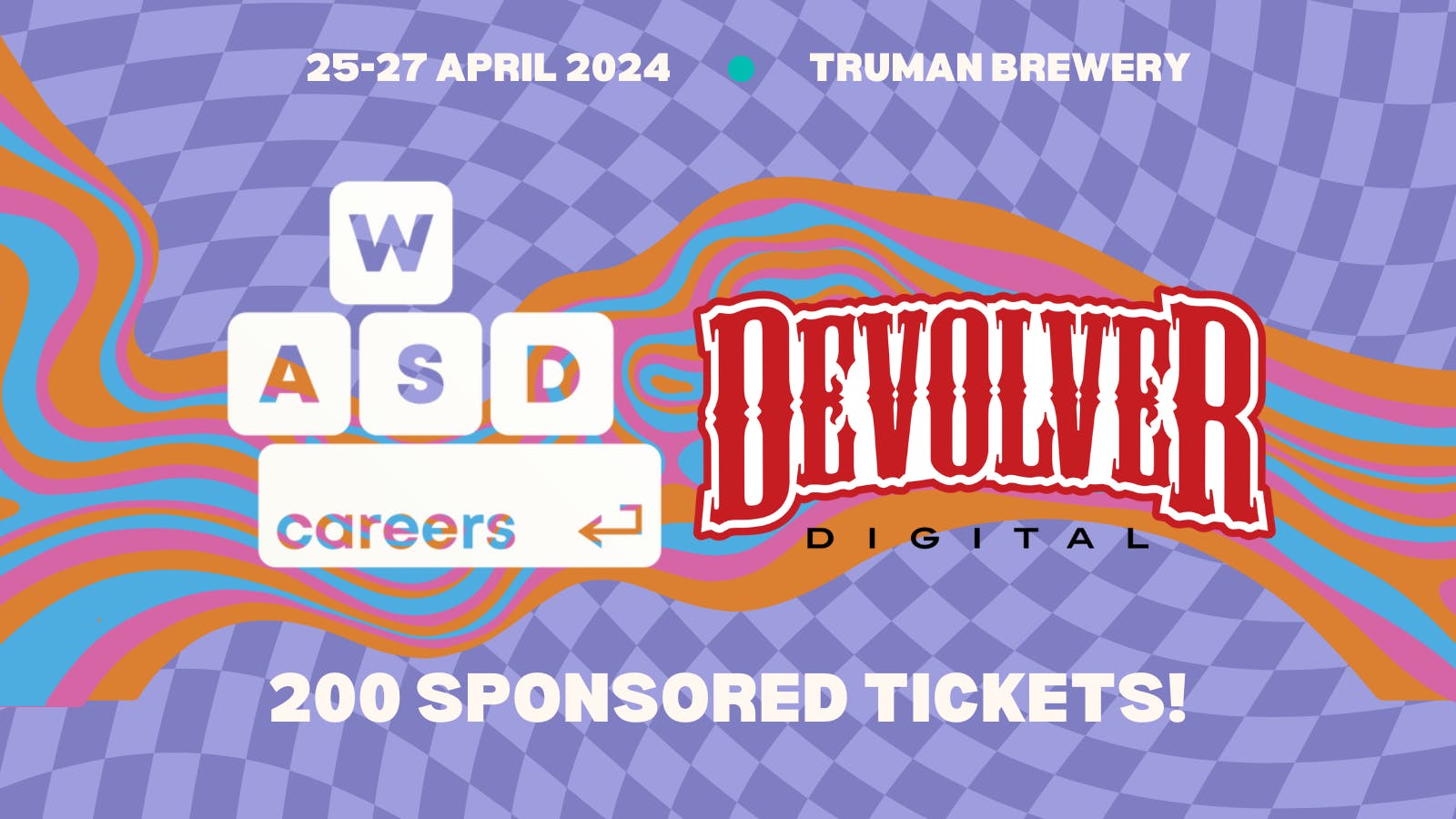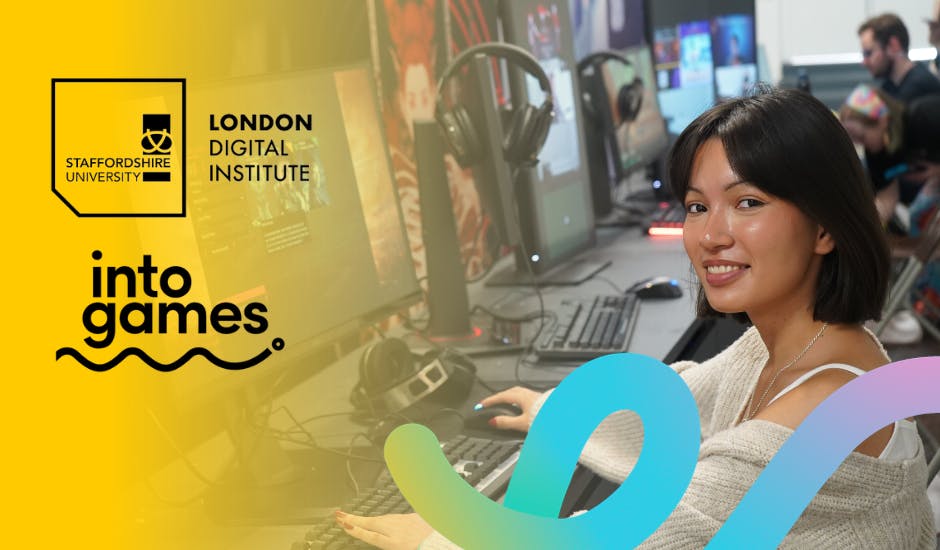YOUR LEARNING JOURNEY
Many Lighting Artists have a degree, which provides professional development and a recognised qualification to employers. However, there are many available pathways and all people working in games claim a unique career journey. Above all, you will need to demonstrate passion and skills in your chosen field. For this job role, you should be someone who has an eye for detail and loves creating artwork.
As a professional, you’ll be bringing to life concept art by using a range of tools that may include Blender, Maya and ZBrush, as well as game design programs (engines) like Unity and Unreal. We recommend using our tool picker to help you choose the right ones for your current level and purpose.
Working in the games industry is highly competitive and you’ll need to make sure your portfolio (a collection of your best work) stands out to employers and course leaders.
As a Lighting Artist, your work should showcase a range of environments, objects (assets) and material textures in different moods and contexts, this will demonstrate your versatility. For more ideas, see our top tips page on building your portfolio.
Whatever role you are working in, it is essential that you understand the game making process. You can head to our build a game section for first steps; join a regular game jam to build up your skills and network; or start modding others games to gain experience.



.png?ixlib=gatsbyFP&auto=compress%2Cformat&fit=max&w=1600&h=900)


.png?ixlib=gatsbyFP&auto=compress%2Cformat&fit=max&w=1600&h=900)
.png?ixlib=gatsbyFP&auto=compress%2Cformat&fit=max&w=1600&h=900)